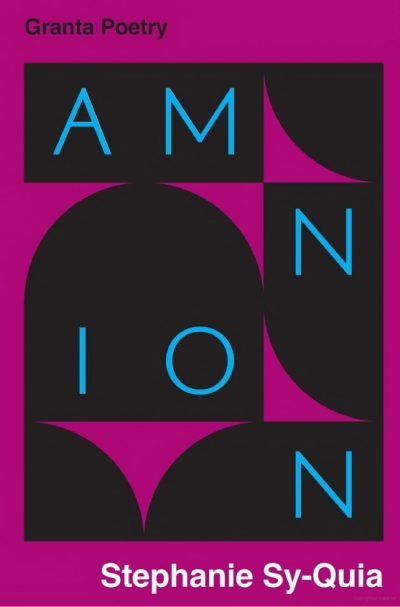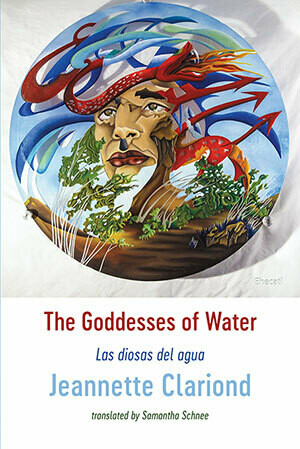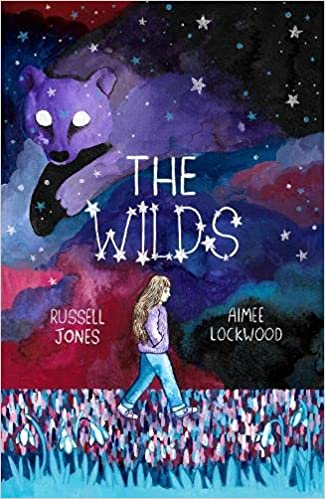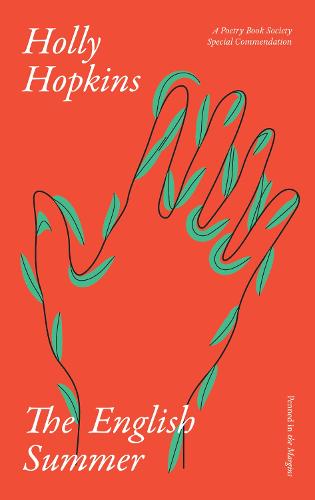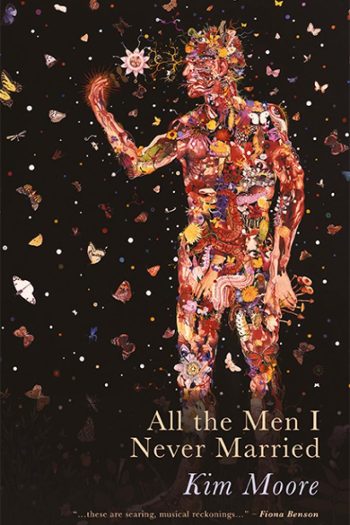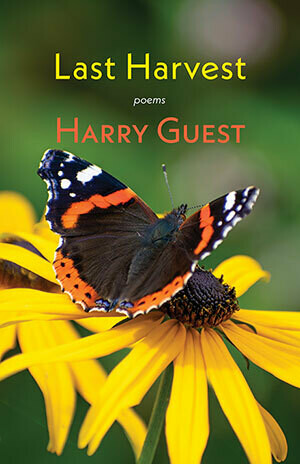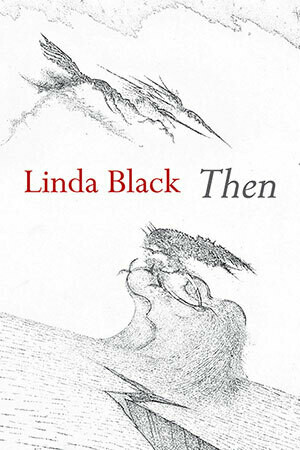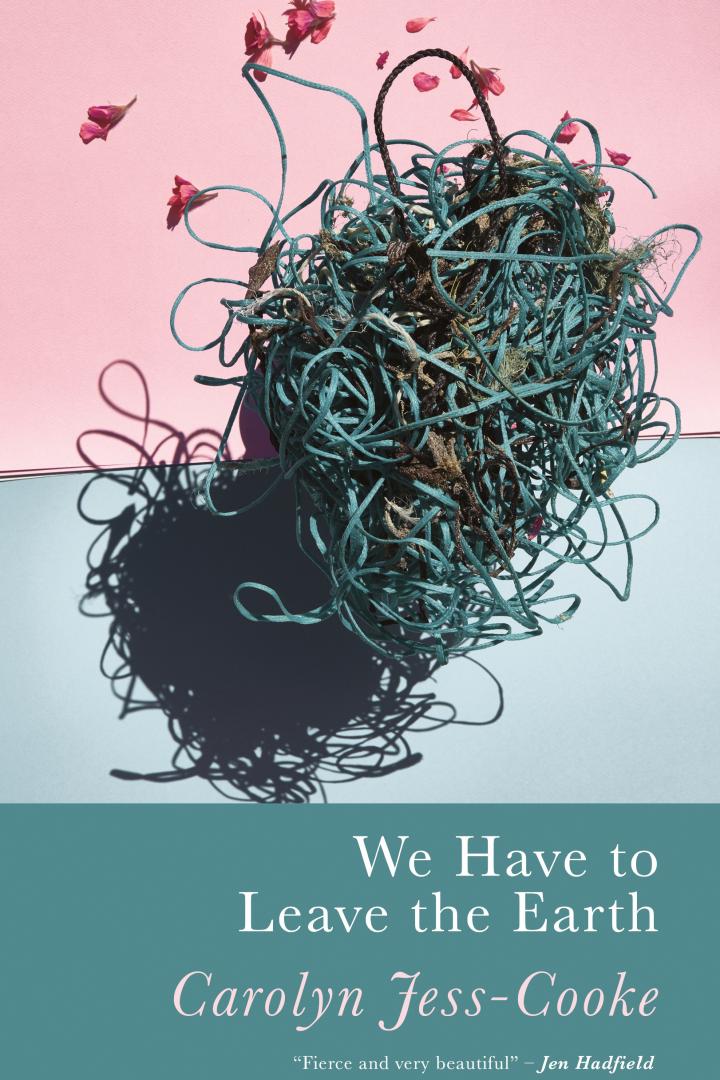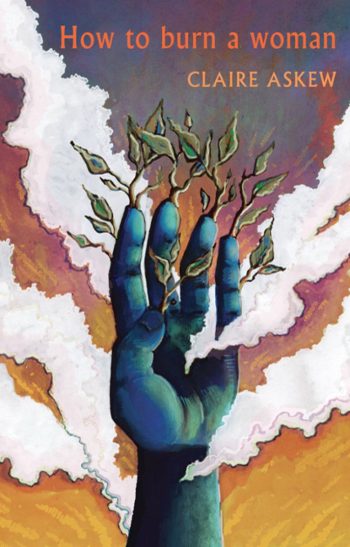Amnion (SHORTLISTED FOR THE FELIX DENNIX PRIZE FOR FIRST COLLECTION)
Stephanie Sy-Quia (Granta Poetry, 2021); pbk; £10.99 Amnion is the membrane which protects an embryo during pregnancy. Amnion by Stephanie Sy-Quia thrums with potential energy. Although shortlisted for the Forward Poetry Award, it is fluid in form, moving between poetry, essay and autofiction. Biography serves as a throughline, as Sy-Quia traces back her lineage, across Read More

